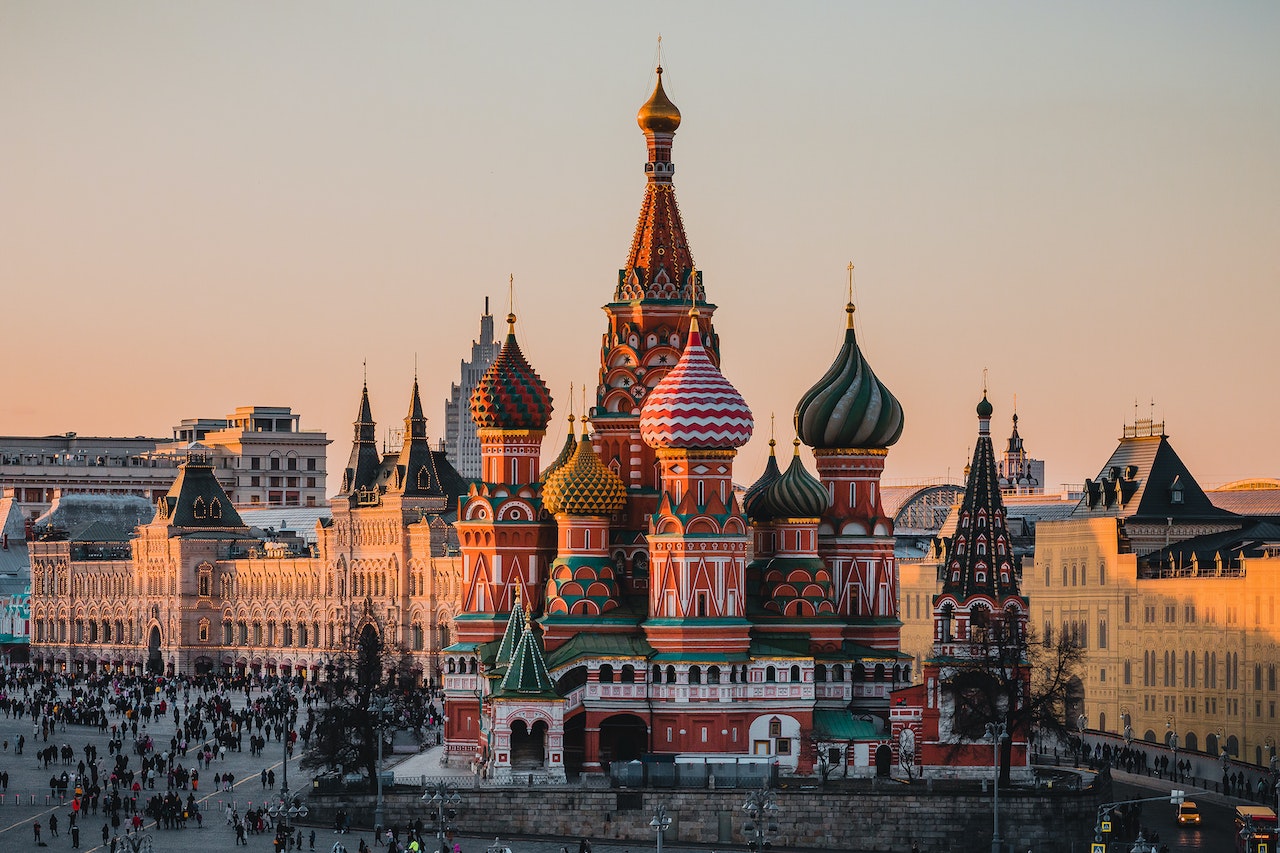In a move aimed at addressing persistent inflationary pressures and a weakened rouble, the Russian central bank announced on Friday an increase of 100 basis points in its key interest rate, bringing it to 13%. This decision follows a prior 350 basis point hike to 12%, implemented when the rouble fell below the 100-to-the-dollar threshold. Governor Elvira Nabiullina emphasized that the decision to elevate rates was prompted by the emergence of inflation risks, and pledged to maintain the elevated rates until convinced of a sustained slowdown in inflation.
The central bank further identified significant proinflationary risks, including domestic demand outpacing output capacity expansion and the rouble’s depreciation during the summer months. A recent Reuters poll indicated that the rate increase was in line with market expectations. Nabiullina disclosed that the board of directors deliberated on holding rates, but stressed that achieving the bank’s 4% inflation target by the close of 2024 would necessitate a more robust rate trajectory.
Market response was positive, with the rouble exhibiting a 0.7% gain against the dollar, settling at 96.70. The central bank revised its year-end inflation forecast to a range of 6.0-7.0%, up from the prior estimate of 5.0-6.5%, while citing an annual inflation rate of 5.33% as of September 11. Liam Peach, Senior Emerging Markets Economist at Capital Economics, underscored that the central bank’s commitment to combating inflation implies forthcoming rate hikes, particularly in light of loose fiscal policy, an overheating economy, and mounting inflationary pressures.
Additionally, the Russian central bank adjusted its 2023 key rate range forecast to 9.6-9.7% from 7.9-8.3%, and now anticipates a current account surplus for the year at $45 billion, a significant increase from the previous projection of $26 billion. The next rate-setting meeting is scheduled for October 27.
The Russian central bank’s decision to consecutively raise interest rates for the third time aims to address inflationary risks stemming from a weakened rouble and a tight labor market. This move underscores the bank’s commitment to combatting inflation, with further rate hikes likely as they endeavor to meet their 4% target by 2024. While the initial market response was positive, the ultimate success of the bank’s efforts in reining in inflation to targeted levels remains to be seen.
Source: Reuters



